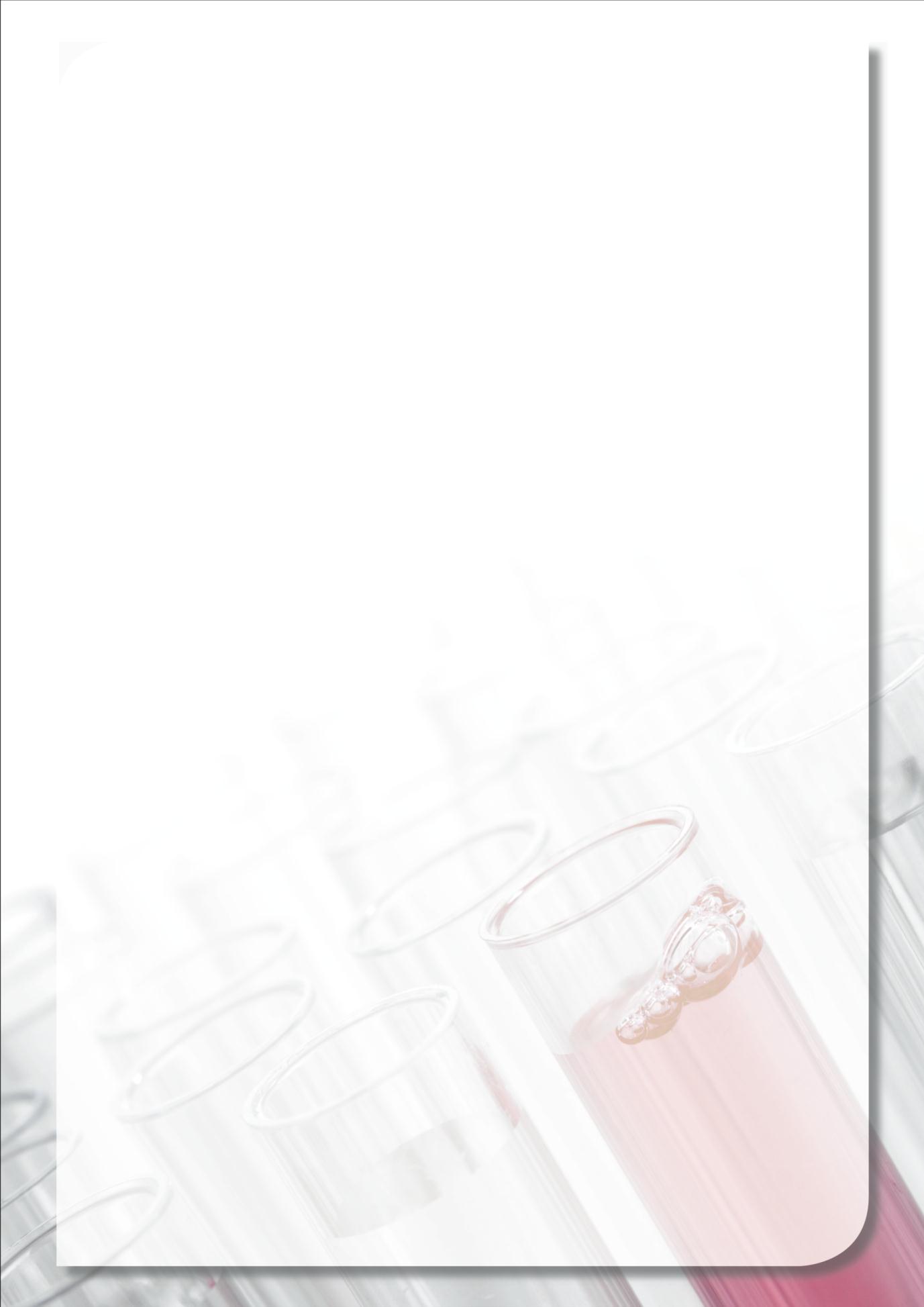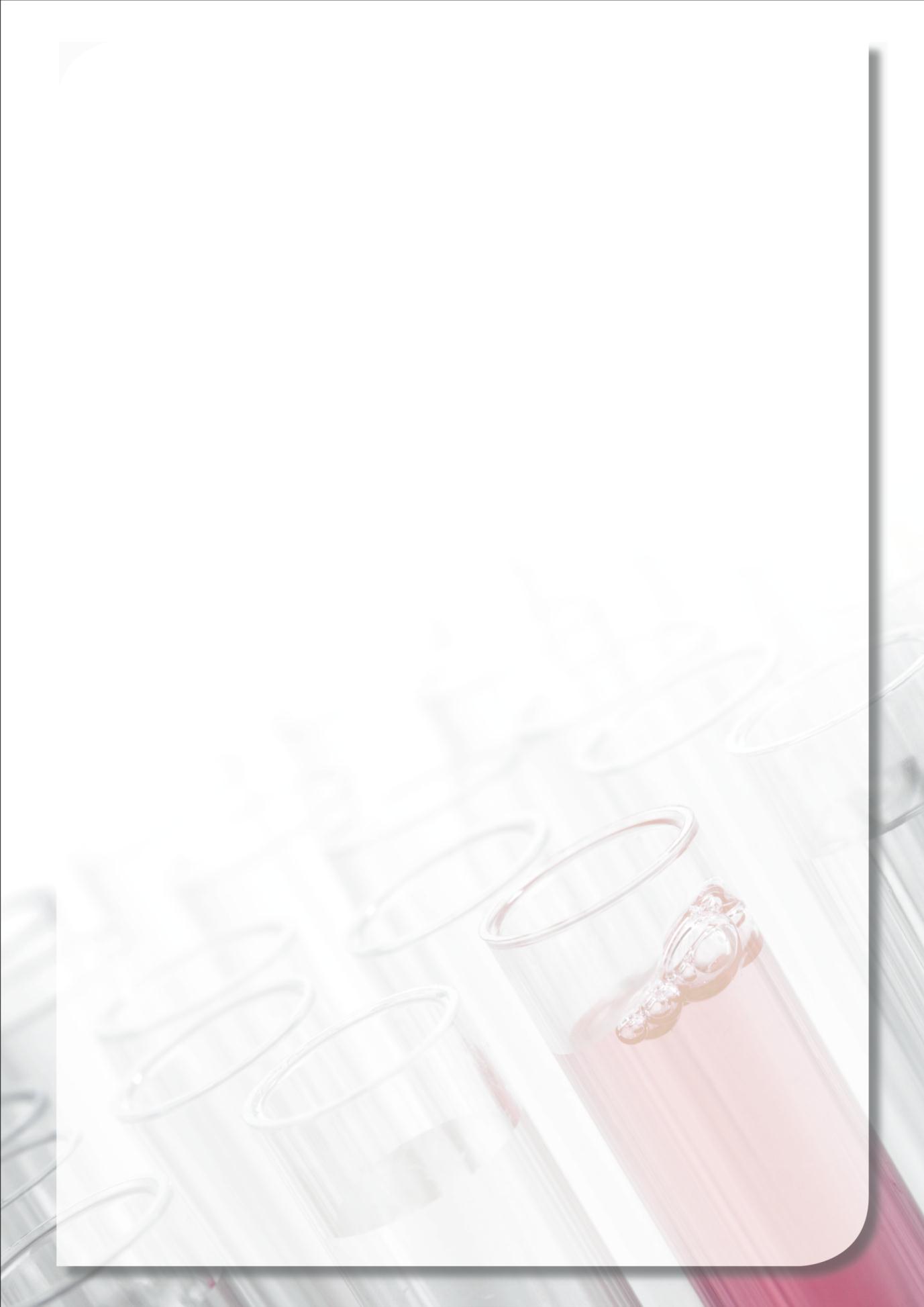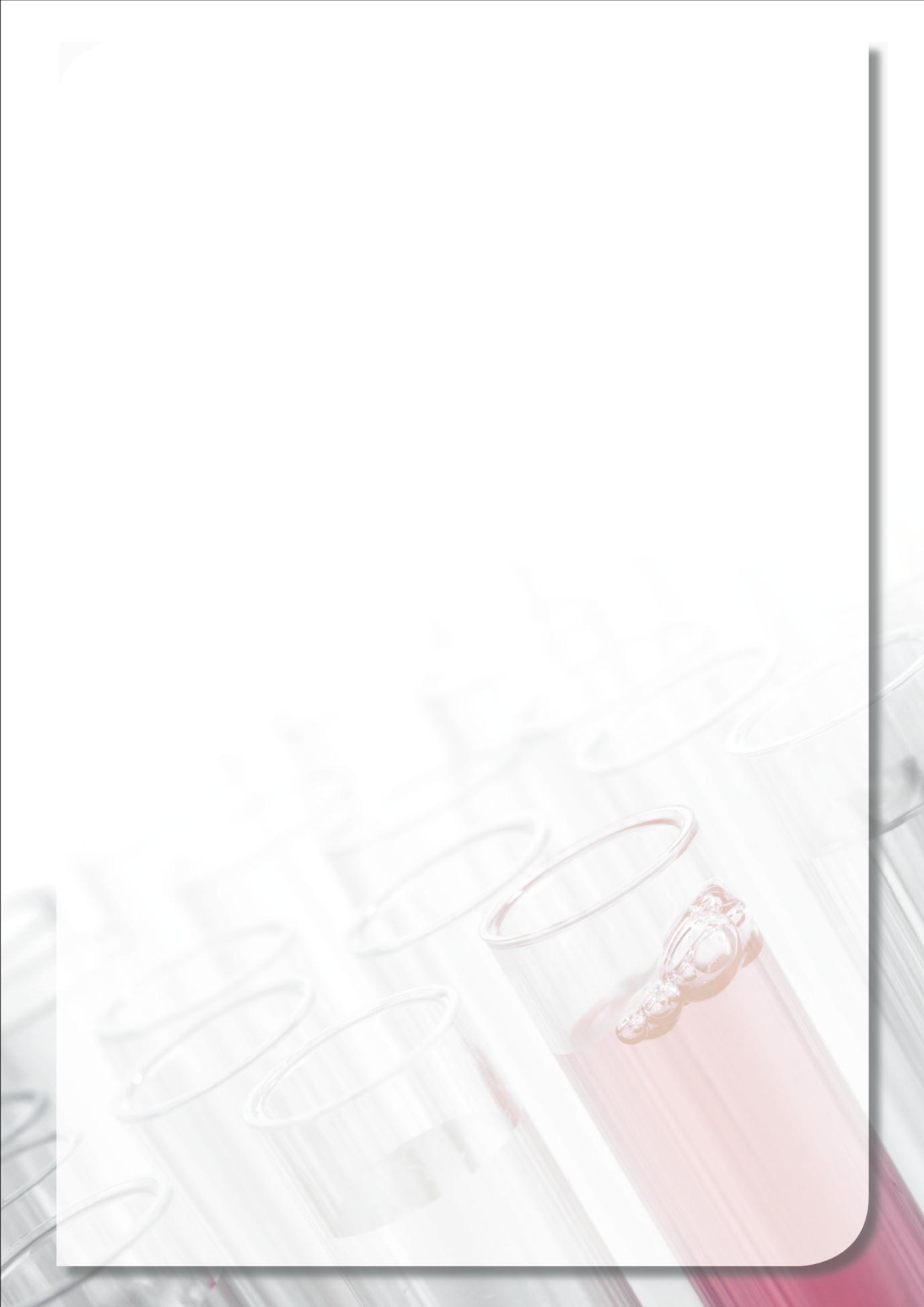
Cialis ist bekannt für seine lange Wirkdauer von bis zu 36 Stunden. Dadurch unterscheidet es sich deutlich von Viagra. Viele Schweizer vergleichen daher Preise und schauen nach Angeboten unter dem Begriff cialis generika schweiz, da Generika erschwinglicher sind.
Functionwell.com.au


IgG Allergy Panels
Food sensitivities can cause a wide range of symptoms and disorders. The foods that cause these delayed reactions are often hard to diagnose because of the time between consumption and the physical reaction. The IgG food allergy test offers a useful tool for detecting the foods causing this response. The results are patient specific and provide an easy, precise and effective starting point for dietary manipulation.
Table 1: Conditions which Frequently have Food Reaction Components
Inflammatory bowel disease
Irritable bowel syndrome
IgG Allergy Testing:
Recently studies in atopic patients and IBS have been implemented to demonstrate the effectiveness
of the IgG test. Dixon who is an ear, nose and throat specialist with 25 years of experience dealing
with delayed food allergies has conducted one such study. He investigated 114 consecutive patients
from his practice that had a positive history of delayed food allergies. Symptoms included nasal
obstruction and congestion, diarrhea, cramps, gas, throat clearing, asthma, itchy eyes and even
ringing in ears. Foods that were consumed more than 2 times per week were tested, and patients
were asked to eliminate the IgG positive ones from their diets. The most common IgG positive foods
were found to be cow's milk, tea, chocolate, banana and wheat. After these dietary changes were
implemented the results obtained were very convincing. Over 71% of patients achieved >75%
improvement in all of the reported symptoms. This also included chronic patients who had been
unresponsive to other intensive therapies. Furthermore, more than half of these chronic patients
achieved 90% relief, whilst amazingly one fifth obtained full recovery from symptoms. It was also
noted that 11% of patients who came to the clinic for the assessment of inhalant allergies had IgG-
related food allergies as the sole cause of their symptoms.
In IBS, food elimination of IgG positive foods have also resulted in symptom resolution in at least four studies. Two 6 month investigations showed improvements in stool frequency, pain and quality of life scores (IBS-QOL). At the one year follow-up in the study by Drisko et al., adherence to the rotation diet, minimal IBS symptoms and a perception of control over the disorder was observed. These studies illustrate the usefulness of the IgG test system for both atopic and IBS patients. Furthermore, this in vitro system may be an appropriate test for all patients with suspected delayed food reactions.

Health Disorders and Adverse Reactions to Food:
Adverse reactions to foods can cause both mild and severe health problems in a subset of
the population. Immediate food allergies are known to affect 4% of the general population,1
whereas general adverse reactions to food may affect a much higher proportion (>20%). The
symptoms caused by the food reactions can be as mild as bloating but as severe as
anaphylaxis (Table 1 & 2). Conditions which may be caused or exacerbated by adverse food
reactions include asthma, arthritis, irritable bowel syndrome (IBS), migraine, otitis media
and skin rashes (Table 1). A wide variety of more non-specific symptoms can be attributed
to food sensitivities. These effects can be observed in multiple systems of the body such the
gastrointestinal tract, the immune system and the respiratory tract.
Allergies versus Sensitivities to Foods:
Adverse food reactions include any abnormal reaction resulting from the ingestion of a
food. They can be categorised as food allergies (with an immune response) or food
sensitivities/intolerance. The existence and classification of food sensitivities have been
controversial. These types of reactions are difficult to diagnose because the time between
consumption and response may be delayed (up to 2 days) and the symptoms are often
subtle. In many cases ingestion of the offending food paradoxically masks the symptoms
temporarily. Furthermore, multiple causes contribute to food sensitivities, making this area
difficult to study.
Table 2: Common Symptoms of Food Reactions
Bladder Infections
Bloating, Diarrhea, reflux & other gastrointestinal complaints
Loss of appetite
Depression & irritability
Available IgG Tests:
Allergy Panel – IgG Asian
Allergy Panel – IgG Inhalents
Allergy Panel – IgG Vegetarian
Allergy Panel – IgG General
Foods (95 Foods)
Foods (96 Foods)
Allergy Pane – IgG Herbs and
Spices (48 Allergens)
Specimen Collection Requirements:
Finger-prick blood collection. The blood spot is collected by using a lancet to pierce the skin
on the end of a finger. Spots of blood are allowed to drop onto three absorbent test strips
provided and allowed to dry.


Precaution:
The IgG test will not identify acute immediate food allergies. If you have immediate or IgG
mediated food allergies please continue to avoid these items even if they do not appear on
your list of foods to avoid.
Food Sensitivity Testing in Children:
It is recommended that IgG allergy testing is only performed for infants greater than 18
months of age.
Test Preparation:
For the General food, Asian Food, Vegetarian Food and Herbs and Spices Food IgG
Allergy Panels: Eat a large variety of foods in the two weeks prior to testing. Include as many of the foods that are being tested in the specific allergy panel you have chosen (a list of these foods are included below). Be aware that if foods are not included in the diet during this time, false negative results may be obtained as recent exposure to these foods may be required for antibodies to be present in the blood.
For the Inhalant IgG Allergy Panel: Perform the test during periods of time when you
are symptomatic.
Avoid using anti-histamines, anti-inflammatories and any other immunosuppressive
medications for two weeks prior to testing. These medications suppress the immune response and may affect the results. We suggest that you discuss with your healthcare practitioner whether you need to discontinue these medications prior to collecting your specimen. Never discontinue prescription medications without first consulting your healthcare practitioner.
Follow-up of Patients:
Patients are provided with a rotation-elimination diet along with the test results identifying
reactive foods. If patients eliminate these culprits for an extended period of time, following
the elimination diet, it is possible that in the future they may be able to reintroduce small
amounts of the reactive foods. In addition, assessing and treating intestinal permeability,
pancreatic enzyme levels, beneficial bacteria imbalances and/or parasitic infections may
also assist in lowering food reactions (see appropriate Test Profiles for further information).
Phone 1300 688 522 for further details
Please Turn Over
for the full list of items
assessed in
IgG Allergy Panels

IgG Allergy Panels
IgG General Foods (96 Foods)
IgG Asian Foods (96 Foods)
Dairy: Casein, Cheese (Cheddar), Cheese
Dairy: Casein, Milk, Whey, Yoghurt.
(Cottage),Cheese (Mozzarella), Milk, Milk (Goat),
Fruits: Apple, Banana, Cantaloupe, Cherry, Coconut,
Grape, Grapefruit, Guava, Honeydew, Kiwi, Lemon,
Fruits: Apple, Apricot, Banana, Blueberry, Coconut,
Lian Woo (wax apple), Mango, Orange, Papaya,
Cranberry, Grape, Grapefruit, Lemon, Orange,
Peach, Pineapple, Strawberry, Watermelon.
Papaya, Peach, Pear, Pineapple, Plum, Raspberry,
Grains/Legumes/Nuts: Almond, Beans (Kidney,
Mung, Red, Soy), Cashew, Corn, Gluten (Wheat),
Grains/Legumes/Nuts: Almond, Amaranth, Barley,
Job's Tears, Oat, Peanut, Rice (white), Sesame,
Beans (Kidney, Lima, Pinto), Buckwheat, Corn, Filbert
Sunflower, Walnut (English).
(hazelnut), Gliadin (Wheat), Gluten (Wheat), Lentil,
Vegetables: Asparagus, Bamboo shoots, Bitter
Oats, Peas, Peanut, Pecan, Rice (White), Rye,
Gourd, Broccoli, Cabbage (white), Carrot, Cauliflower,
Sesame, Soybean, Spelt, String beans, Sunflower,
Celery, Cucumber, Eggplant, Garlic, Kelp, Leek,
Walnut, Wheat (whole).
Lettuce, Mushroom (common), Olive (black), Onion
Vegetables: Asparagus, Avocado, Beet, Broccoli,
(white), Pepper (green), Potato (sweet), Potato
Cabbage (white), Carrot, Cauliflower, Celery,
(white), Radish, Spinach (green), Spinach (water),
Cucumber, Garlic, Lettuce, Mushroom (common),
Sponge (vegetable), Taro, Tomato (red).
Olive (black), Onion (white), Pepper (Green ball),
Meat/Fowl: Beef, Chicken, Duck, Egg (whole),
Potato (sweet), Potato (white), Pumpkin, Radish,
Goose, Lamb, Pork.
Spinach (green), Tomato (red), Zucchini.
Fish/Seafood: Abalone, Clam (Manila), Cod
Meat/Fowl: Beef, Chicken, Egg white (chicken), Egg
(Altantic), Crab (Dungeness), Cuttlefish, Lobster,
yolk (chicken), Lamb, Pork, Turkey.
Oyster, Salmon Pacific), Sea Bass, Sea Perch,
Fish/Seafood: Clam (Manila), Cod (Altantic), Crab
Shrimp (Western), Tuna (Yellowfin).
(Dungeness), Halibut, Lobster, Oyster, Red Snapper,
Spices: Curry, Ginger, Mustard, Pepper (black),
Salmon (Pacific), Shrimp (Western), Sole, Tuna
Pepper (Cayenne), Vanilla, Woo-hsiang.
Misc: Cocoa Bean, Coffee Bean, Honey, Tea
Misc: Cocoa bean, Coffee bean, Honey, Sugar cane,
(Woolong), Yeast (Bakers), Yeast (Brewers).
Yeast (Bakers), Yeast (Brewers).
IgG Vegetarian Foods (95 Foods)
IgG Herbs and Spices (48 allergens)
Dairy: Casein, Cheese (Cheddar), Cheese
Herbs: Aloe vera, Dong Quai, Bearberry, Astragalus,
(Cottage),Cheese (Mozzarella), Milk, Milk (Goat),
Green Tea, Black Cohosh, Wild Yam, Echinacea,
Siberian ginseng, Licorice, Grapeseed, Gymnema,
Goldenseal, St John's wort, Chamomile, Psyllium,
Fruits: Apple, Apricot, Banana, Blueberry,
Rosehips, Saw Palmetto, Milk Thistle, Spirulina,
Cantaloupe,Cherry, Coconut, Cranberry, Grape,
Dandelion, Bilberry, Valerian, Withania.
Grapefruit, Lemon,Orange, Papaya, Peach, Pear,
Pineapple, Plum, Raspberry, Strawberry, Watermelon.
Spices: Allspice, Basil, Bayleaf, Cinnamon, Cloves,
Cumin, Curry, Dill, Fennel, Ginger, Horseradish,
Vegetables: Artichoke, Asparagus, Avocado,
Marjoram, Mustard, Nutmeg, Oregano, Paprika,
Beansprouts, Beet, Broccoli, Cabbage (white), Carrot,
Parsley, Pepper (black), Pepper (cayenne),
Cauliflower, Celery, Cucumber, Eggplant, Garlic,
Peppermint, Rosemary, Sage, Thyme, Vanilla
Lettuce, Mushroom (common), Olive (black), Onion
(white), Pepper (chilli), Pepper (green ball), Potato
(sweet), Potato (white), Pumpkin, Radish, Spinach
(green), Tomato (red), Zucchini.
IgG Inhalants (16 allergens)
Grains/Legumes/Nuts: Almond, Amaranth,
Barley,Beans (Kidney, Lima, Navy, Pinto), Buckwheat,
Grasses: Bahia, Bermuda, Smooth Brome, Fescue,
Cashew, Corn, Hazelnut, Flaxseed, Gliadin (wheat),
Johnson, Perennial Rye, Sweet Vernal, Timothy.
Gluten (wheat), Kamut, Lentil, Millet, Oat, Pea (green),
Peanut, Pecan, Pistachio, Quinoa, Rice (brown), Rice
Indoor: Cat antigen, Cockroach (german), Dog
(white), Rye, Sesame, Soybean, Spelt, String bean,
epithelia, Dust Mite mix, House Dust.
Sunflower, Walnut, Wheat (whole).
Moulds: Alternaria tenius, Aspergillus fumigatus,
Misc: Cocoa bean, Coffee bean, Egg white (chicken),
Cladosporium herbarum, Penicillium notatum
Egg yolk (chicken), Honey, Sugar cane, Yeast
(Bakers), Yeast (Brewers).
Source: http://functionwell.com.au/wp-content/uploads/2014/06/NP-NEW-TestFlyerA4-IgG-Allergy-Panels.pdf
Death and Denial: Unsafe Abortion and Poverty From choice, a world of possibilities Parliamentary Under-Secretary ofState for International Development Millions of women have no access Access to legal and safe abortion "No woman should anywhere to reproductive health services; care - as well as to care to have to face death or disability
Foreword from Chairperson The summary presentation of SEBAC-Nepal's Social Undertakings pertaining to 2015 AD has come to Publication. It is extremely a jubilant occasion to share & cherish the meaningful outcomes and the degree of social economic transformation implanted in the social milieu entailing excluded, deprived, marginalized, vulnerable, resource poor, exploited










